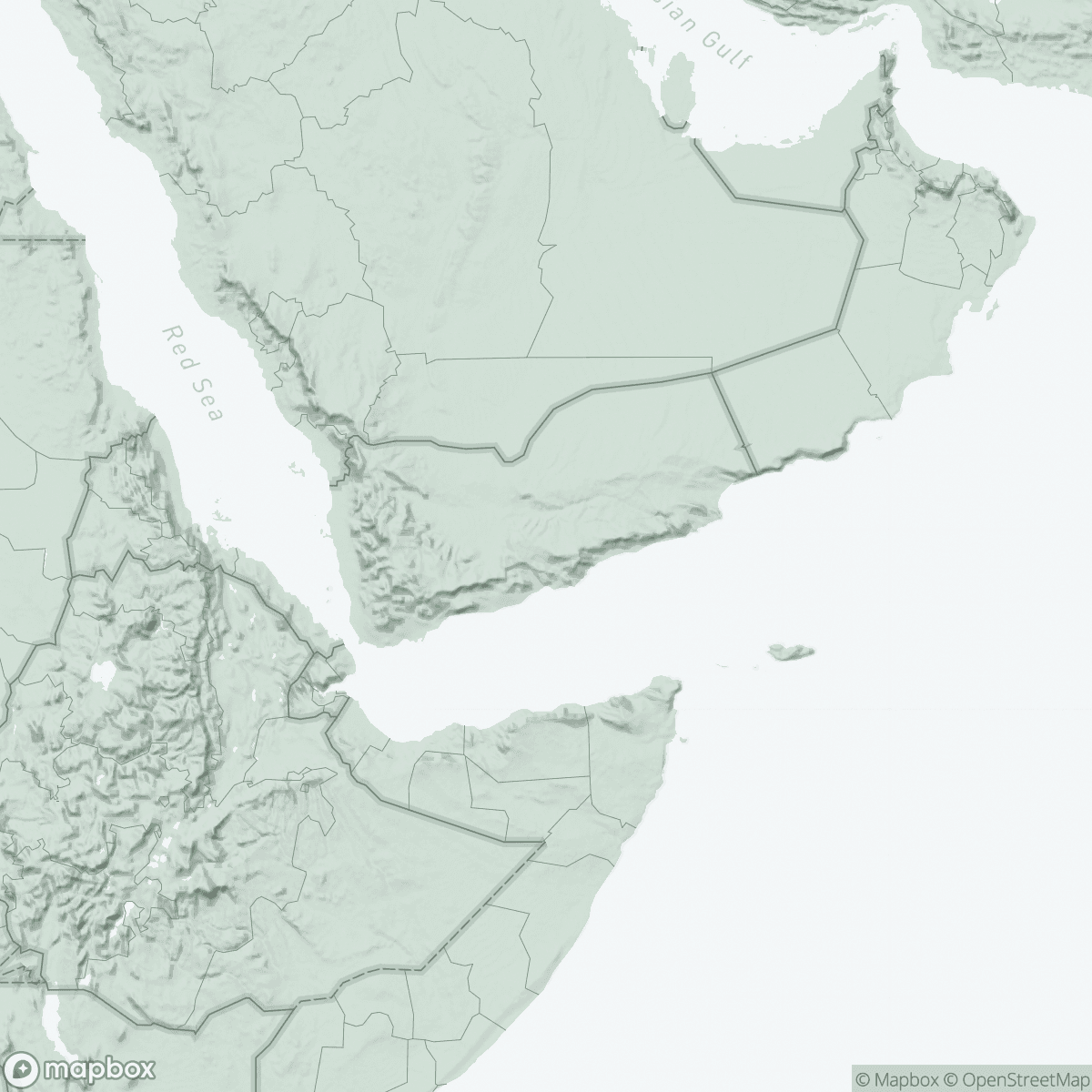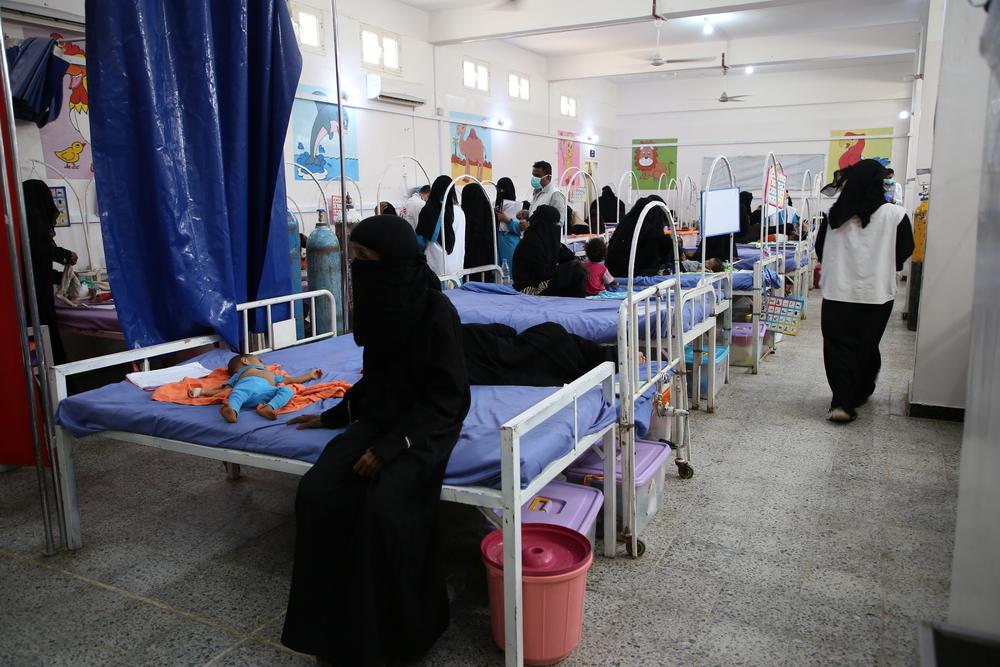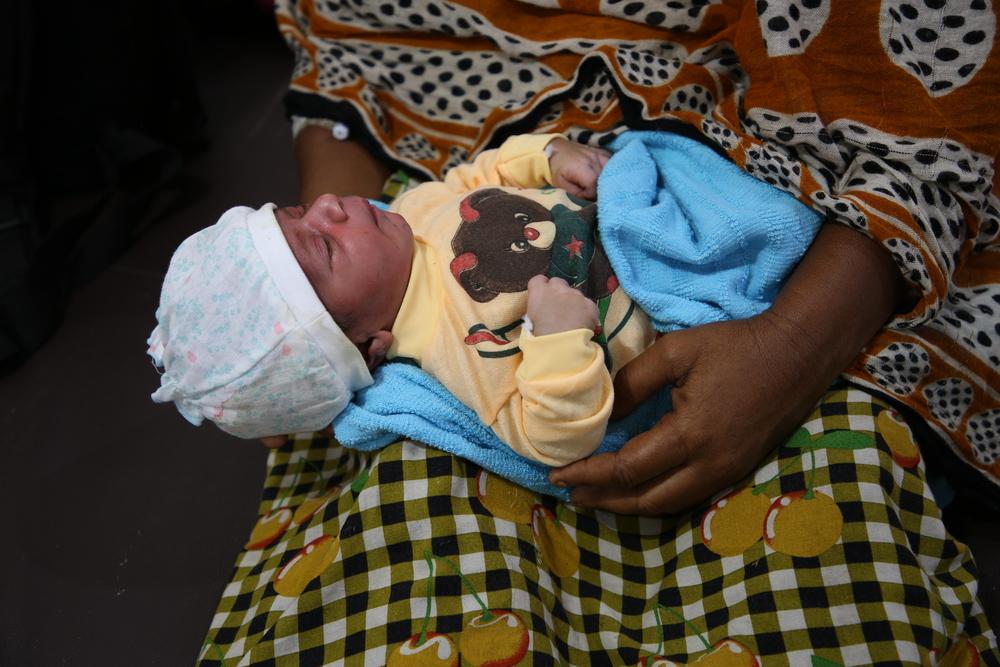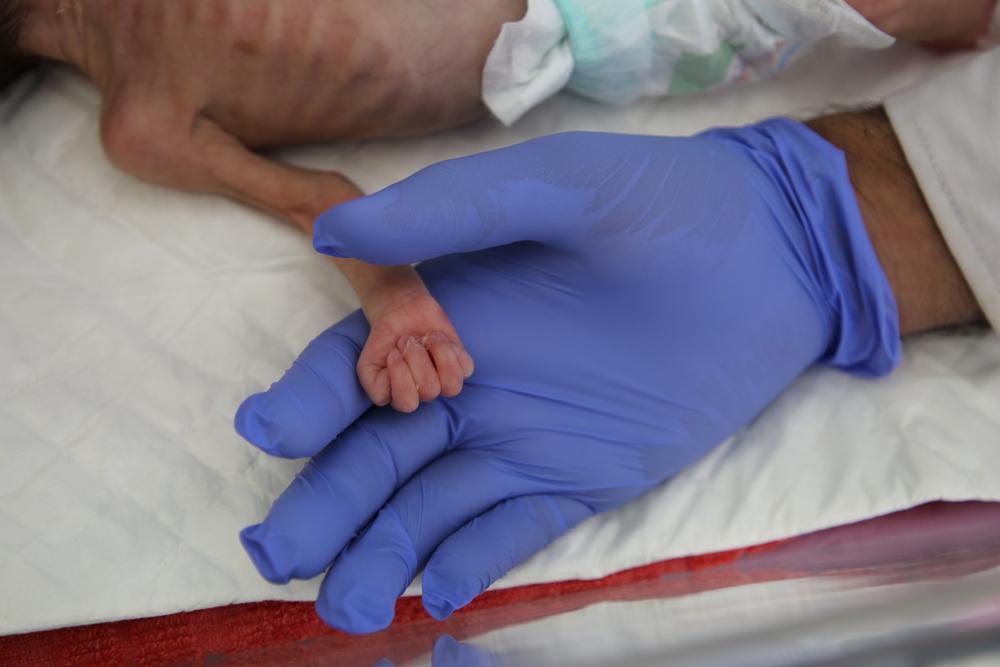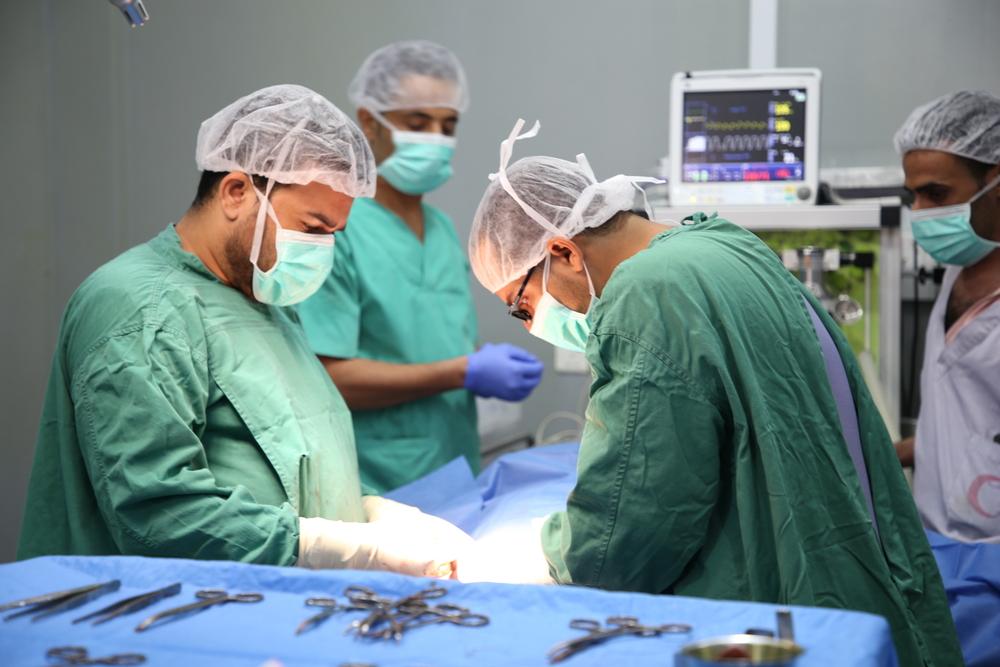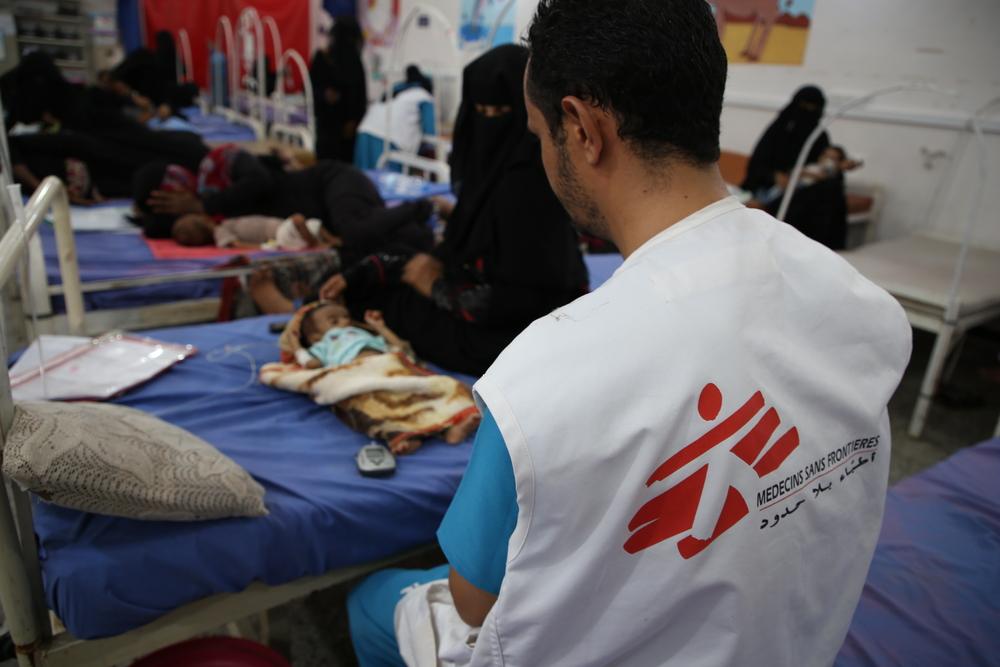
Malnutrition in Yemen: “The situation is worse with every passing day”
In 1 click, help us spread this information :
A nearly seven-year long conflict has badly affected the country’s economy and weakened an already fragile healthcare system. The situation is worsening with every passing day.” Nicholas Papachrysostomou, MSF Head of Mission in Yemen.
Between January and November 2021, 3,377 malnourished patients were treated by MSF teams at the therapeutic feeding centre in Abs hospital in Hajjah governorate. This represents an increase of almost 120% in admissions compared to the previous year over the same period. The number of children suffering from severe malnutrition with complications, such as respiratory infections or acute diarrhoea, increased by 76 per cent.
Malnutrition has been a health problem in Yemen for decades. The current conflict did not cause it. But it has contributed significantly to the destruction of the health system and the increase in the number of children suffering from this condition.
"Malnutrition in Yemen has been at times attributed to famine, which gives the impression that the country doesn’t have enough food for its population,” says Papachrysostomou.
However the issue of malnutrition here is more complex than a simple scarcity of food. Our concern is that in fact people may not be able to afford to buy food that otherwise exists.”
Many Yemenis are either unpaid for their work or have lost their livelihoods due to the conflict. On top of this, the depreciation of the Yemeni currency coupled with high prices of food, fuel and other necessities has eroded people’s buying power.
Abs and surrounding areas currently host around 55,650 households displaced due to the conflict; most of them rely on humanitarian aid for survival. As a result, many families struggle to afford the right quantity and quality of food for their children.
Medics in the the Inpatient Therapeutic Feeding Centre at Abs Hospital observed that out of all malnourished children admitted in 2021, around 33 percent are aged between one and six months. An almost non-existent primary health care system has made access to healthcare very difficult, if not impossible, for many pregnant women, mothers and newborn children, and an undernourished mother is more likely to give birth to an underweight child.
“Due to a very weak system of primary healthcare services in Hajjah governorate, patients often travel long distances and arrive in a critical condition at our facility in Abs Hospital. Humanitarian groups must prioritize mother and child healthcare, and support the health system to make primary healthcare services more functional.
An improved primary healthcare system can help mothers and children receive care at an early stage in order to prevent a health condition becoming more severe,” said Papachrysostomou.
